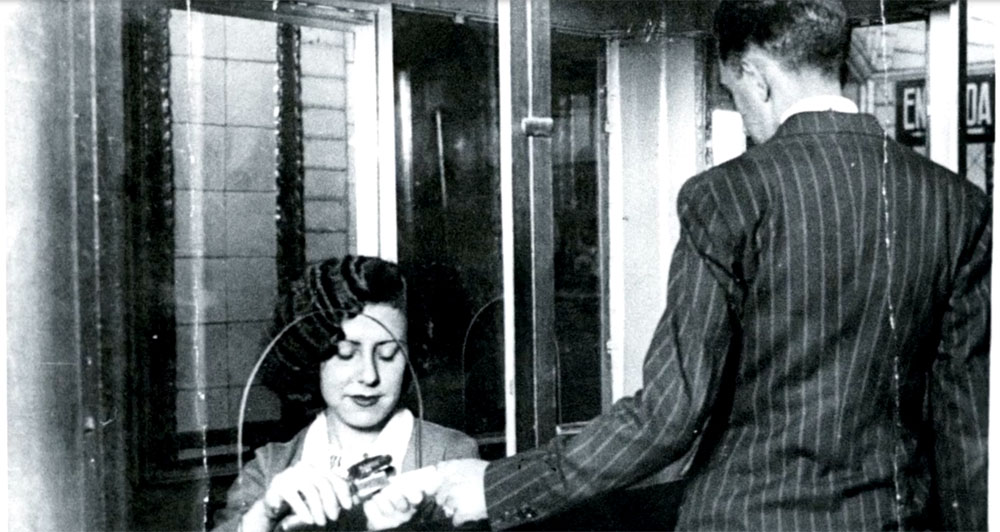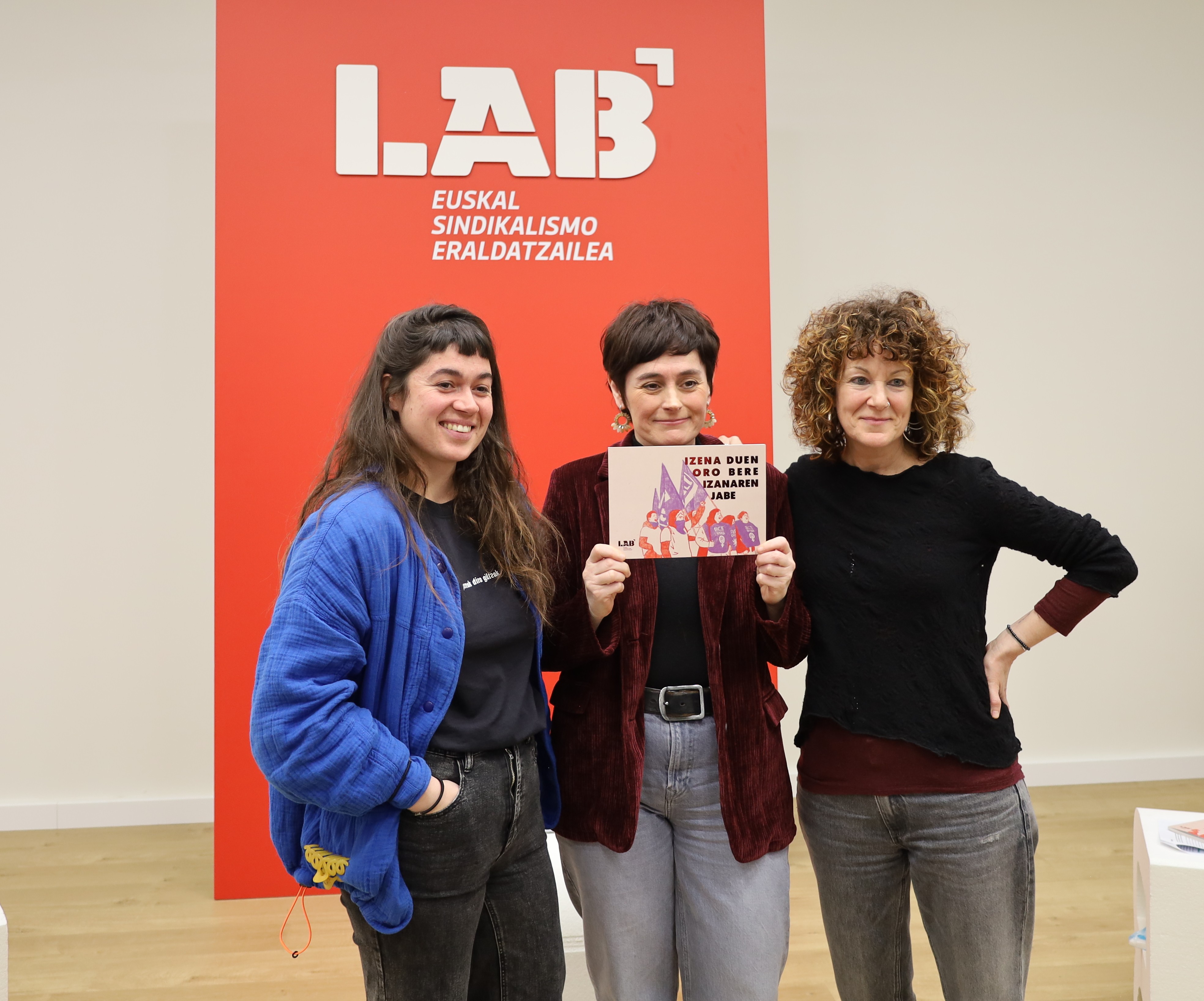Working on the metro or getting married
- Madrid, 17 October 1919. The city’s metro network (Metropolitan Company Alfonso XIII) opened its doors. Along with Telefónica, this company was a pioneer in the Spanish state in the employment of women.

In the telecommunications company, their work was limited to that of telephone operator and in the Metro, however, they could only be used for offices and ticket sales. The presence of working women was striking at that time, something unusual and the company expected in the first official statement: “The Madrid public, thanks to their culture (...) will treat working women with their usual courtesy.”
But those women had to fulfill an inescapable condition: to be single. Sellers of banknotes who were married had to be subject to forced leave. According to the company, “the obligations involved in the care of homes and children are not compatible with the activity of the office in the Metropolitano (...), due to the total constancy and punctuality that requires rigor in the service”. In addition, although in public it praised the “courtesy” of the Madrilenians, in an internal communication, the company assured that it would be harmful for married women “to have a direct relationship with a huge mass of public, unfortunately, because people’s culture is often very bad”, and warned that, in addition, in this way, “prohibited illegal relationships” could be promoted.
In 1930, a ticket salesman was fired for marriage and claimed his decision. Consequently, the Works Council agreed on a measure whereby women forced to leave work by marriage would receive compensation of 250 pesetas if they had worked at least one year on the metro, and 500 pesetas if they did so for more than five years. Also, married women had the possibility to occupy positions not directly related to the public, either as clerks or as telephonists. However, women could only work day and from 22:00 hours men took all turns.
Although it is common at the beginning of the twentieth century that this happens, the surprising thing is that this rule that restricted married women was in force until 1984, when the Spanish Constitutional Court declared this type of compulsory excess illegal. In addition, that same year, the suburban area of Madrid hired a woman who worked as a conductor of the metro line.
But he was not the first driver of the metro in Madrid, before, during the Civil War, several women worked in it and in other jobs that had until then been banned for them. Unfortunately, it is the war that has pushed women into the world of work the most.
Istorioetan murgildu eta munduak eraikitzea gustuko du Iosune de Goñi García argazkilari, idazle eta itzultzaileak (Burlata, Nafarroa, 1993). Zaurietatik, gorputzetik eta minetik sortzen du askotan. Desgaitua eta gaixo kronikoa da, eta artea erabiltzen du... [+]
This wedge that the announcement on the radio Euskadi to replace the bathtub with a shower encourages the commencement of the works in the bathroom of the house. A simple work, a small investiture and a great change are announced. There has been a shift in toilet trends and a... [+]
Zalantza asko izan ditut, meloia ireki ala ez. Ausartuko naiz, zer demontre! Aspaldian buruan dudan gogoeta jarri nahi dut mahai gainean: ez da justua erditu den emakumearen eta beste gurasoaren baimen-iraupena bera izatea. Hobeto esanda, baimen-denbora bera izanda ere, ez... [+]






















